Since your pet doesn't truly have nine lives, it is your responsibility to keep it safe, and one of the best ways to do so is to vaccinate it. Modern vaccines protect pets from potentially fatal infections, and there is little chance of adverse effects.
Even so, you may wonder what shots your cat requires or if you should vaccinate your pet if it never goes outside. For this reason, we have compiled a list of frequently asked questions regarding cat vaccinations in this resource.
Other Topics You Might Like
Helpful Products You Might Like
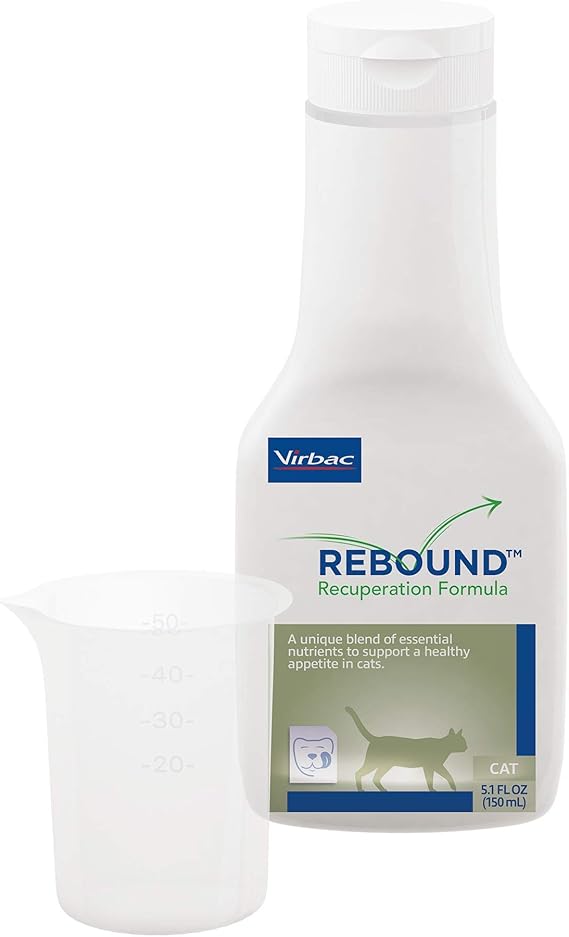
Virbac Rebound Recuperation Formula for Cats
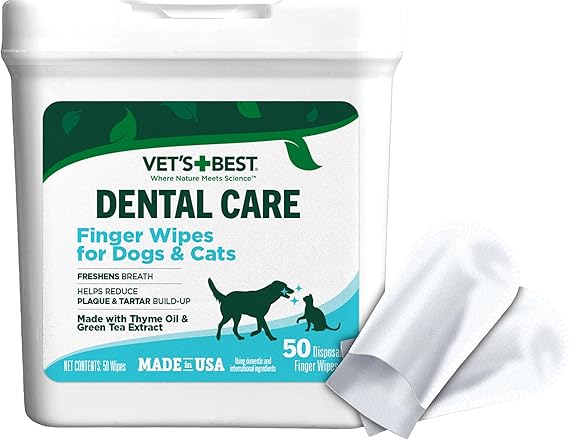
Vet's Best Dental Care Finger Wipes For Cats
ARM & Hammer Cat Litter Deodorizer
"(Paid Links)" 
What vaccines do vets recommend for cats?
Core vaccinations and non-core vaccines are the two types of vaccines. Cats should get minimal core immunizations for day-to-day existence. These consist of:
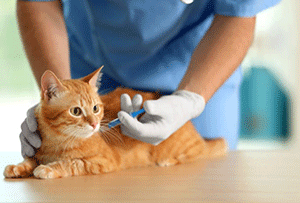
Non-core vaccinations could be advised for cats at risk of contracting specific diseases. The following non-core vaccinations are advised for cats:
Do outdoor cats need vaccines?
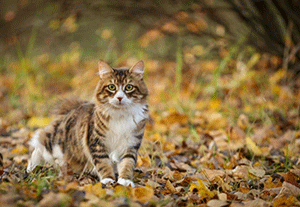
You should absolutely vaccinate your tiny lion if it enjoys wandering about your neighborhood. It's important to note that most jurisdictions make it unlawful to deny your cat a rabies vaccination, regardless of whether it is indoors or outdoors.
A comprehensive study considers the feline rabies vaccination a core vaccine of the American Veterinary Medical Association (AVMA).
Ev provides a full list of state-by-state requirements. If your cat does not travel far from home, it will probably come into contact with other cats, which can lead to the transmission of diseases, such as, feline-leukemia virus and feline immunodeficiency virus. These illnesses are typically contracted through encounters with other cats, such as fighting or sharing food.
Although most jurisdictions do not require vaccinations against some diseases, such as Bordetella, it is still advisable to vaccinate your outdoor cat to prevent them from contracting these potentially dangerous illnesses.
How Cat Vaccines Work
Vaccines offer your cat a defensive level of antibodies, helping their body to build immunity against specific highly contagious, deadly diseases. After vaccination, the body gets a disease-enabling organism to stimulate the immune system and inform the body how it should fight certain diseases in the future.
Pet vaccinations can help your pet prevent diseases or heal from infections much faster, even though they aren't 100% effective.
Not All Cat Need Every Vaccine
Not every pet will need every vaccine that is currently on the market. Ask your vet about your pet's lifestyle to determine which immunizations are best for your cat. Depending on your pet's age, lifestyle, and location, your veterinarian can advise you on the most beneficial ones. In most US and Canadian jurisdictions, rabies vaccinations for pets older than six months are mandated by law. Pet owners will receive a certificate after their cat has received this vaccination, which must be maintained current.
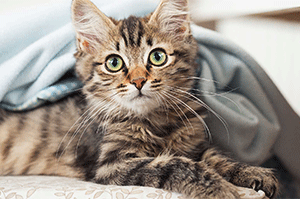
Why should you vaccinate your cat?
By proactively vaccinating your pet and ensuring your cat receives all of its recommended booster vaccinations, you can maintain and safeguard its health from harmful, fatal diseases.
In the US, many immunizations, including rabies, are required.
Immunizations may be necessary if you travel with your cat, stay in hotels that allow pets, or have your cat boarded or groomed. These immunizations can help keep your kitty from unintentionally spreading infection and from catching infectious diseases from other animals. It also applies to other enterprises, such as pet-sitting services.
